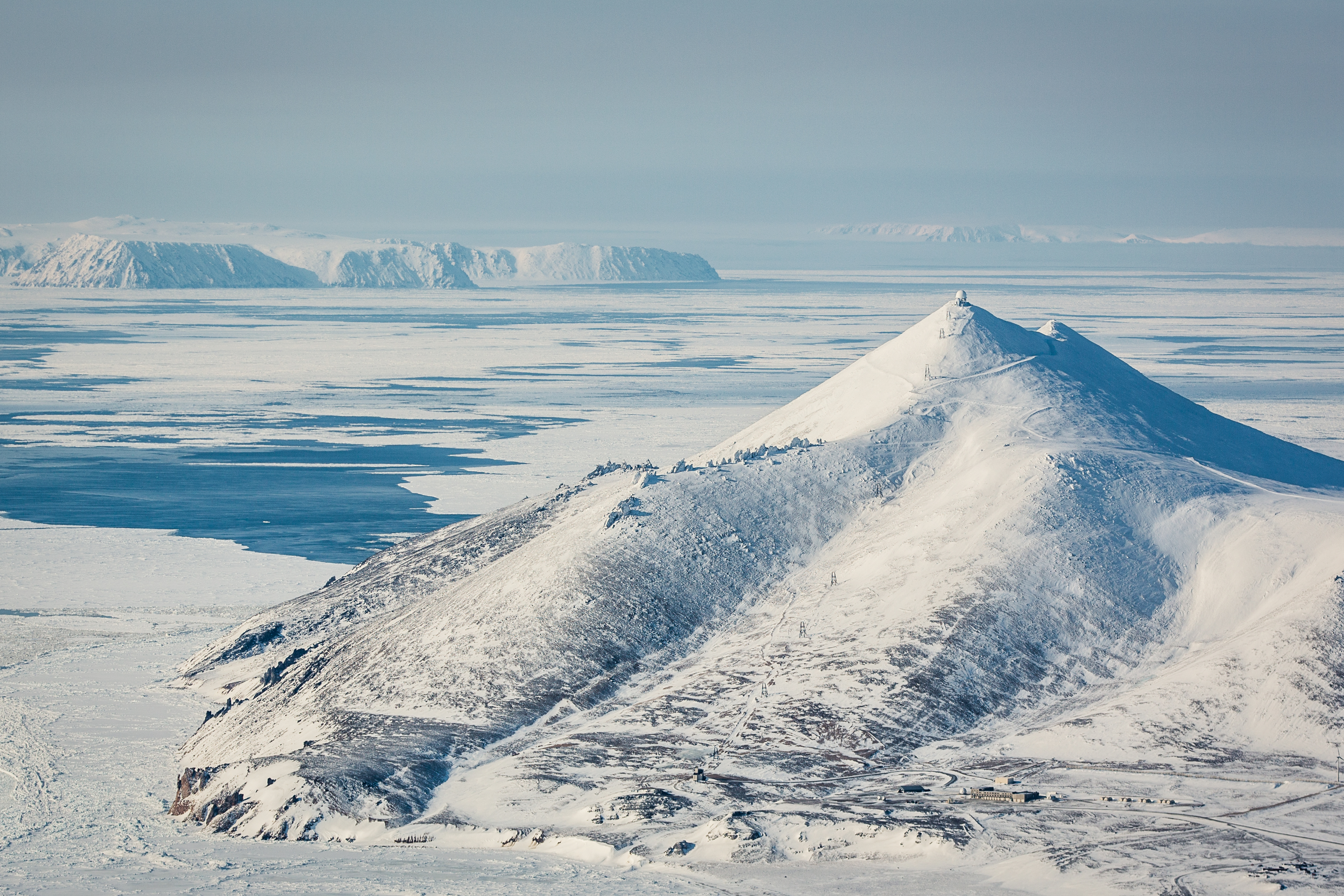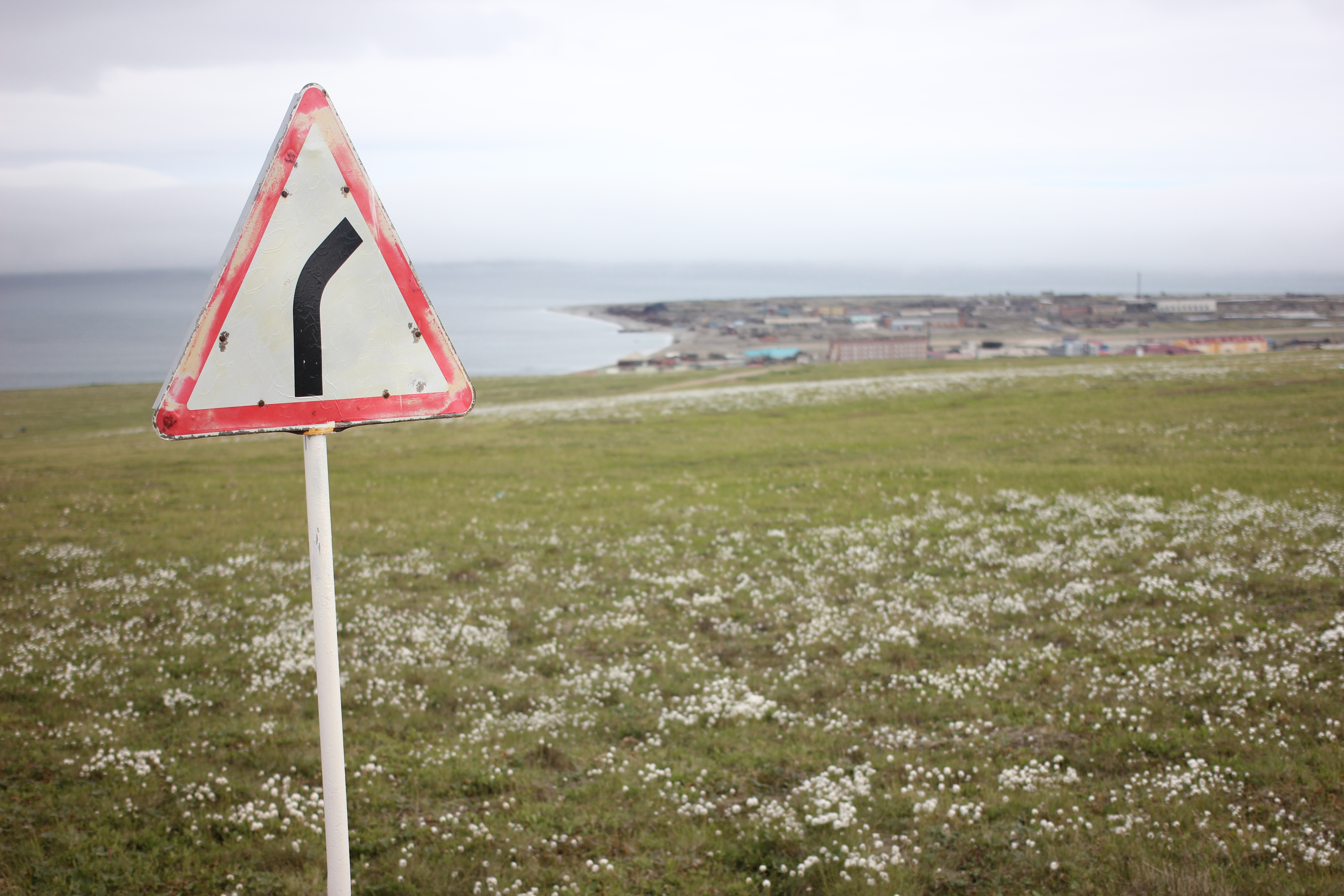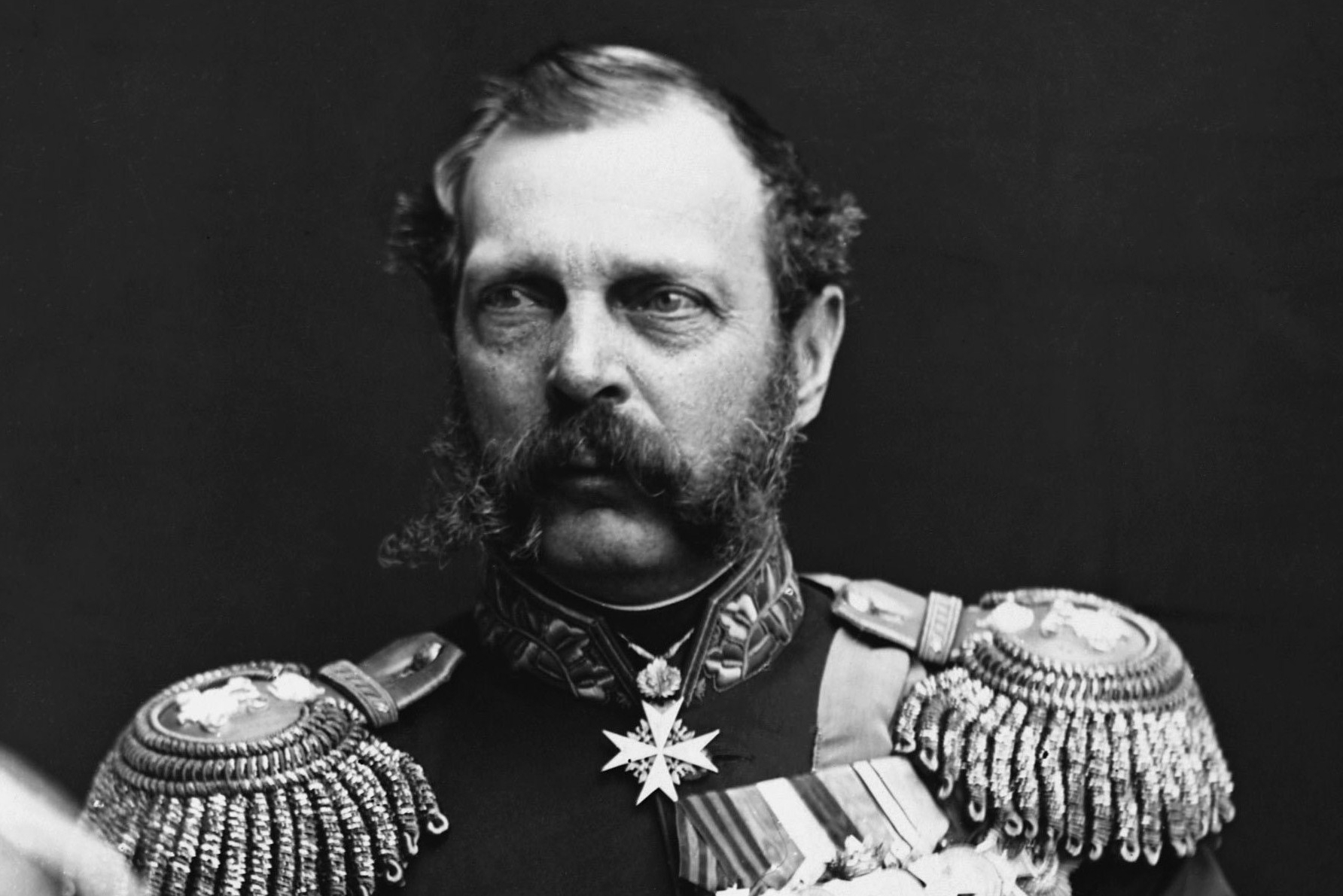A new cooling in US-Russia relations 150 years after Alaska purchase

Relationships built on friendship exchanges between the Russian Far East and Alaska since 1988 are substantially diminished, even as Alaska celebrates the 150th anniversary the U.S. purchase.
Trade partnerships stopped when sanctions against Russia were enacted by Congress as punishment for its actions in Ukraine and, more recently, for its alleged meddling in the 2016 presidential election.
That meant Alaska lost an estimated $40 million in the salmon roe trade, star ingredient for the famed Russian “red gold” caviar. The work of non-profits such as the Red Cross, the Rotary Club International and Sister-City exchanges have gone dormant, if not to an abrupt halt, under Russia President Vladimir Putin.
These points were discussed at a sesquicentennial celebration talk, “Commemorating the 150th Anniversary of the Alaska Purchase,” hosted June 22 by the Alaska World Trade Center.
It featured David Ramseur, author of newly published “Melting the Ice Curtain: The Extraordinary Story of Citizen Diplomacy on the Russia-Alaska Frontier”; Mike Dunham, former Alaska Dispatch News reporter and author of the books, “The Man Who Sold Alaska” and “The Man Who Bought Alaska,” (short biographies on Tsar Alexander II and William Henry Seward); and Vic Fischer, author of “To Russia With Love,” his life biography.
Historian Steven Haycox moderated the discussion.
[Alaskans in tiny Cessna make goodwill flight to Russia]
Building blocks for better trade relations and cultural sharing were crushed over the past two years as trade sanctions imposed on Russia curtailed 20- and 30-year-old arrangements with Alaska-Far East Russia partners.
Ramseur was arrested last summer in what he calls a new policy of petty harassment against Westerners.
“It’s more difficult to operate there, that’s just the climate now,” he said. “The border guards are part of the what used to be the KGB, (now called the Federal Security Bureau), a huge government security agency. They make it difficult for Westerners to deal with Russia’s Far East. Even for someone researching an archive or a library.”

In July 2016, a group of nine people including Alaskans and a Mexican film crew were detained at the Bering Sea village of Lavrentiya, “charged with violating federal law and marched before a fast-talking black-robed judge who fined us each 500 rubles” or about $8, Ramseur detailed in the book.
The group was allowed to leave after 16 hours, at 4 a.m.
Ramseur concludes that much of the earlier excitement of the “Melting Ice Curtain” era “seems dissipated, burdened by paperwork and fading memories of relationships across the Strait.”
After Putin came to power, the Duma, or Russian congress, passed a law cracking down on “foreign agents” operating in Russia. It was made a crime and punishable by fines and/or jail time.
“(Foreign agents) were religious organizations or non-profits like the Red Cross, which receive American money,” Ramseur said. “The law about agents of a foreign government primarily focuses on non-profits such as democracy-building and religious organizations and I do not believe would target an individual businessman. The press reports I’ve seen show it’s used selectively so if an organization gets on the wrong side of the Russian government, the security services will use it to harass the organization.”
A long way from the days when Seward and an agent of Alexander II negotiated the $7.2 million sale of Alaska and signed the treaty in the wee hours of 4 a.m., Dunham noted.
Or maybe not so much.
Communication wasn’t much better, Dunham said. After the March 29, 1867, purchase treaty was signed, “there was no statement from the Tsar or his foreign office. The Russian newspapers and the Russian public learned about it from the reports that originated across the ocean,” he said.
The Russians at work in Alaska had no idea they were going out of business, Dunham noted in his book on Tsar Alexander II. All federal funding for their endeavors was yanked out.

And it’s back to a time eerily similar to when Fischer’s family made an escape from Russia. His mother was questioned twice a week for a year by Joseph Stalin’s police, later known as the KGB, a better fate than his friends whose parents either “disappeared” or were murdered by the regime.
Barely escaping the Soviet Union ahead of Stalin’s police in 1939, Fischer’s family made it out with the diplomatic string-pulling of First Lady Eleanor Roosevelt.
Fisher wasn’t reunited with his mother country until 50 years later, during an easing of the Cold War tensions and melting of the ice curtain experienced in Alaska-Russia exchanges. And now, at the age of 92, he is displaced from Russia again.
More than 20 years ago, Fischer helped bring about a jointly sponsored University of Alaska and Russian Academy of Sciences, called Arktika, in Magadan.
“When Russia under Putin adopted a new law that specified that any Russian institution that receives state or government money could not have foreign members, we had to dissolve the arrangement. I had to put in resignation as co-director,” he said.
Brian Rogers, the University of Alaska Fairbanks chancellor who served with him, also was forced to resign.
Other Alaska academics were likewise fired or resigned as trustees of the Northern International University, sponsored by the Foreign Ministry of Education Magadan regional and UA.
“There were a lot of projects and money from both the Russian and American sides, and student exchanges,” Fischer said. “One of the biggest projects was researching human adaptation to Arctic conditions. It was a totally non-political research center.”
Fischer calls this a “gray period” in Alaska-Russia relations when some scientific collaboration continues “at arm’s length.”
“These are strong relationships though, and they will continue,” he said.
Unlike Fischer, Ramseur sees room for political optimism, at least in one regard. When asked what he would like to see emerge from the 150th celebrations, Ramseur said for Trump and Putin to agree to meet on Alaska soil on Oct. 18 — the date of the actual land transfer of ownership.
“Relations are pretty bad. My view is that a lot of people in our country believe there is a special relationship between Trump and Putin,” said Ramseur, a former aide to former Anchorage Mayor and Sen. Mark Begich, and Govs. Steve Cowper and Tony Knowles. “Trump should take advantage of that and extract something significant from it — get Russia to pull out of the Ukraine — or Syria. Both of those are naive ideas and I don’t think they would happen, but if I was in the White House, I would advocate for something that big.”
[Russia’s foreign minister visits Lend-Lease monument in Fairbanks]
The added boon would be a boost in Trump’s image: people wouldn’t see him in “Putin’s pocket” so much as they would see a president exercising diplomacy in ways similar to President Richard Nixon opening relations with China, Ramseur said.
Ramseur’s book highlights the “Extraordinary Story of Citizen Diplomacy on the Russian-America Frontier” that many will remember in the previous decades. Alaska grocery store chain owners Carr-Gottstein sold food wholesale in Magadan. Glossy publications announced trade underway and development opportunities. Nome merchants accepted rubles from Russian visitors arriving on Bering Air flights.
After the first Friendship Flight between Anchorage and Magadan, a hopeful era sprang up with no small amount of accomplishments, including that 62,000 Russian entrepreneurs received training through the American Russian Center at UAA.
The center was shut down in 2008 due to a lack of federal funds to continue, Ramseur said.
[Alaska’s dark mirror in the Russian Far East shows our luck, their tragedy]
Americans today, troubled by how to solve a “refreezing” of Russian-U.S. relations, would do well to look at Alaska’s examples of collaboration, the author noted.
One thing is certain: Americans are interested in Russia, whether out of trepidation or curiosity.
Dunham’s publisher tells him “Tsar Alexander II” is selling better than the Seward book.
“Maybe that means they’re more interested in the Russians right now,” he said. “It’s a relief people might learn more about Alaska.”
On his Lower 48 book tour, one person asked Dunham if “Russians told Trump secrets while Trump was campaigning in Alaska?”
He said he wasn’t sure where to start in answering that.